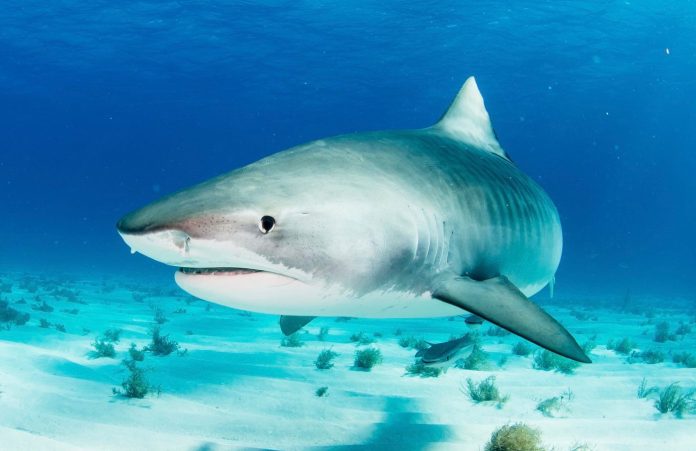
Navigating The Waters: Understanding The Rise In Shark Attacks, Are Humans To Blame?
By Katie Cleary
You can help all animals and our planet by choosing compassion on your plate and in your glass. #GoVeg
RELATED ARTICLES
Pressure Mounts For Arizona To Ban Dog Pack Hunting Of Mountain Lions, Bears & Other Critical Species
Conservation groups have submitted a petition to the Arizona Game and Fish Commission urging a ban on the use of dog packs for hunting...
Help Save Millions Of Lives This Holiday By Choosing Compassion On Your Plate; Adopt A Turkey Today!
As Thanksgiving approaches, we hope you enjoy a warm and safe holiday. We encourage you to make a compassionate choice by leaving animals off...
Giraffes Are One Step Closer To Receiving Vital Endangered Species Act Protections
In response to a petition and subsequent lawsuit by conservation and animal protection organizations, the U.S. Fish and Wildlife Service (USFWS) has proposed listing...
Popular stories
News
Victory! Puerto Rico’s Government Has Officially Closed The Island’s Last Remaining Zoo
Animal activists are celebrating as Puerto Rico’s government officially announced the closure of the Dr. Juan A. Rivero Zoo following years of complaints. The zoo’s...
News
9 Critically Endangered Mexican Gray Wolf Pups Born In Captivity Will Be Released Into The Wild & Raised By Wolf Packs In Arizona &...
Photos from the Endangered Wolf Center
The Endangered Wolf Center recently flew nine critically endangered Mexican gray wolf pups to be fostered by three separate...


